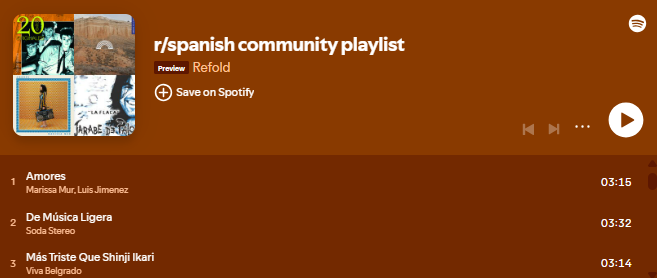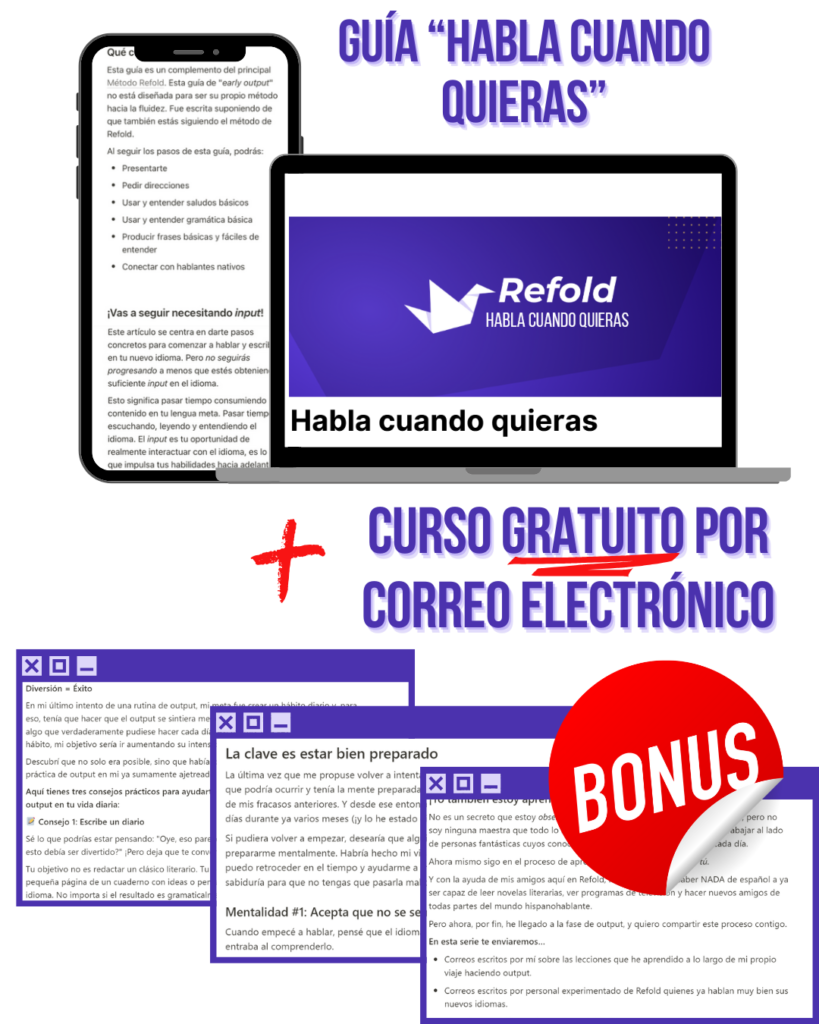Language proficiency is often seen as the ultimate goal in language learning, but what does it mean to be proficient in a language? Is it about…
- Speaking without hesitation
- Understanding native speakers effortlessly
- Or simply feeling comfortable in a conversation?
After living in Mexico for eight months and navigating daily life in Spanish, I’ve realized that fluency is more complex and personal than it first appears.
Today, I’ll share my reflections on language proficiency levels—from functional language skills to striving for a native-like fluency.
But What Does Fluent Mean?
When we talk about being “fluent,” we often picture someone speaking effortlessly and blending seamlessly into conversations.

But if we truly want to know what does it mean to be fluent in a language, the answer is highly subjective. It depends not just on the words you can say, but on your comfort and confidence in expressing yourself in that language.
Defining What Fluency Means to You
Fluency is personal, and it’s not a one-size-fits-all. In fact, sometimes the line between fluent vs intermediate levels of proficiency can be blurry.
The possible levels of fluency extend beyond stringing sentences together. Here are just a few examples I’ve encountered from friends:
- Internet Proficiency: For one friend, fluency means being able to read articles and use websites in Spanish.
- Conversational Comfort: Another friend aims to travel comfortably, chatting with locals without feeling lost.
- Media Enjoyment: Some learners just want to enjoy shows or movies in a foreign language without subtitles.
Each of these is a different but valid form of fluency. Each requires a different level of commitment and time.
My Journey with Spanish: Reflecting on Spanish Proficiency Levels
I arrived in Mexico with a strong foundation in Spanish and was able to communicate daily with friends, colleagues, and locals. It felt natural, and I never worried about my proficiency level because I could take part in everything. In fact, being deaf in one ear was more of a barrier to my listening than my Spanish level!
I’ve even been told, “We sometimes forget you’re a Spanish learner!” which made me feel warm and fuzzy.

But it also felt strange because I was always aware of my limits—whether it’s going blank on a word or stumbling over complex sentences.
To natives, I was more than good enough, but to myself, I wanted more.
Setting Your Own Personal Fluency Goals
If your goal is to become so fluent that you use your target language as easily and naturally as a native speaker, what do you need to do? That’s the exact question I asked myself a few months ago.
And the answer I discovered was simple but challenging: time.
After reaching what we call “functional fluency” (about 1,300 hours of immersion), I realized the journey to native-level proficiency could require five to ten times that amount.
There is so much your brain needs to absorb to reach that level, which can feel daunting.

But what makes it feel possible for me is knowing I’ll be “best friends” with Spanish for the next… decade? Two? I have no plans to “stop using Spanish,” so maybe for the rest of my life!
By committing to long-term immersion, you can also trust that time and consistency will help you bridge the gap.
The Key to Fluency: Patience and Dedication

That’s my biggest takeaway. It’s natural to want to be “perfectly fluent” right away, but the reality is that true fluency unfolds gradually. The levels of fluency we experience are like stepping stones.
Most of us have limits to how “naturally gifted” we are at learning languages. Some pick it up faster, while others struggle with certain aspects. But there’s one powerful factor you can control: your attitude. You can build lasting proficiency by:
- staying consistent
- setting realistic expectations
- and focusing on small, daily progress
Language learning is ultimately a lifestyle. The more you incorporate it into your daily life—through conversations, media, reading, and writing—the more fluent and comfortable you’ll become. Every small effort adds up, making the process not only achievable but deeply rewarding.
What is Fluency for You?
Now, I’d like to turn the question over to you: What does fluency mean to you?
Is it about traveling, enjoying media, or connecting with others on a deeper level? Are you working toward your goal, and have you made peace with the time it might take? Define your own path and embrace the unique journey that language learning offers.
In the end, language proficiency is not an ultimate goal you can reach overnight; it’s about consistent growth, patience, and celebrating the milestones along the way. So embrace your journey, whatever it may look like, and keep going!
Like what you see?
Sign up now and we'll deliver even MORE amazing content like this right to your inbox!
- Receive our exclusive 6 SECRETS to language learning success email course.
- Stay motivated with weekly emails overflowing with helpful language-learning tips, tutorials, and more!
- Get behind the scenes access into the inner workings of Refold!








